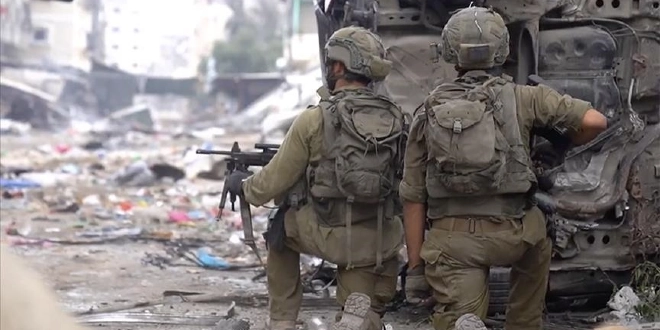The Israeli military reported that Hezbollah struck an air traffic control base in northern Israel, raising concerns about the possibility of a renewed conflict with the Iran-supported militant group.
This incident comes amid heightened tensions along the Lebanese border, as Israel continues its operations against Hamas militants in Gaza. This recent escalation has intensified the urgency of diplomatic efforts by the United States, particularly those led by Secretary of State Antony Blinken, who is preparing for a visit to Israel as part of his Middle East tour.
Antony Blinken, after discussions in Qatar, expressed concerns about the conflict’s potential to grow and lead to further insecurity and suffering. The increasing hostilities between Israel and Hezbollah are complicating the United States’ efforts to prevent a wider regional conflict.
The Israeli military confirmed that the Hezbollah attack targeted a crucial air traffic control base on Mount Meron last Saturday. While the base’s air defenses remained intact due to backup systems, no soldiers were harmed, and damage repairs are underway. Despite this, it is considered one of Hezbollah’s most serious attacks in the ongoing conflict, which has forced thousands of Israelis to evacuate areas near the Lebanese border.
Hezbollah has stated that their rocket attacks were a preliminary response to the presumed Israeli killing of a senior Hamas leader in Beirut, indicating a potential escalation of the conflict.
Israeli military officials, including Lt. Col. Herzi Halevi and Rear Adm. Daniel Hagari, have noted increasing military pressure on Hezbollah. They warned that if diplomatic resolutions fail, the situation might escalate into war. Prime Minister Benjamin Netanyahu urged Hezbollah to learn from Hamas’s recent experiences, emphasizing Israel’s determination to defend its citizens and restore safety to the northern residents.
Since the Hamas attack on southern Israel on October 7, which initiated the war in Gaza, there has been an increase in lower-intensity fighting along Israel’s northern border, with Hezbollah launching rocket attacks aimed at easing pressure on Gaza.
In a joint briefing with Blinken, Qatari officials acknowledged the challenges in negotiations due to the killing of the Hamas leader in Lebanon but expressed ongoing efforts to reach an agreement for the release of more hostages held by Hamas in Gaza.
Meanwhile, violence continued in the West Bank, with several casualties reported, including a Palestinian man killed while driving a car with Israeli plates and a young girl shot near an Israeli checkpoint.
The conflict in Gaza, now in its fourth month, has seen the Israeli military focusing on the southern regions, causing a humanitarian disaster for the densely populated area. Netanyahu has stated that the conflict will not end until Hamas is neutralized, hostages are returned, and the threat to Israel from Gaza is eliminated.
The Biden administration has urged Israel to scale down its offensive and focus on targeted attacks against Hamas leaders. The death toll in Gaza, according to the Health Ministry, includes over 22,800 Palestinians, with about two-thirds being women and minors.
An airstrike near Rafah killed two journalists, including the son of Al Jazeera’s chief correspondent in Gaza. Al Jazeera condemned the attack and other incidents targeting journalists and their families.
As the conflict intensifies, international aid organizations like Doctors Without Borders and the International Rescue Committee have been forced to evacuate their staff from key medical facilities in the region due to the increasing danger and high number of injuries.


